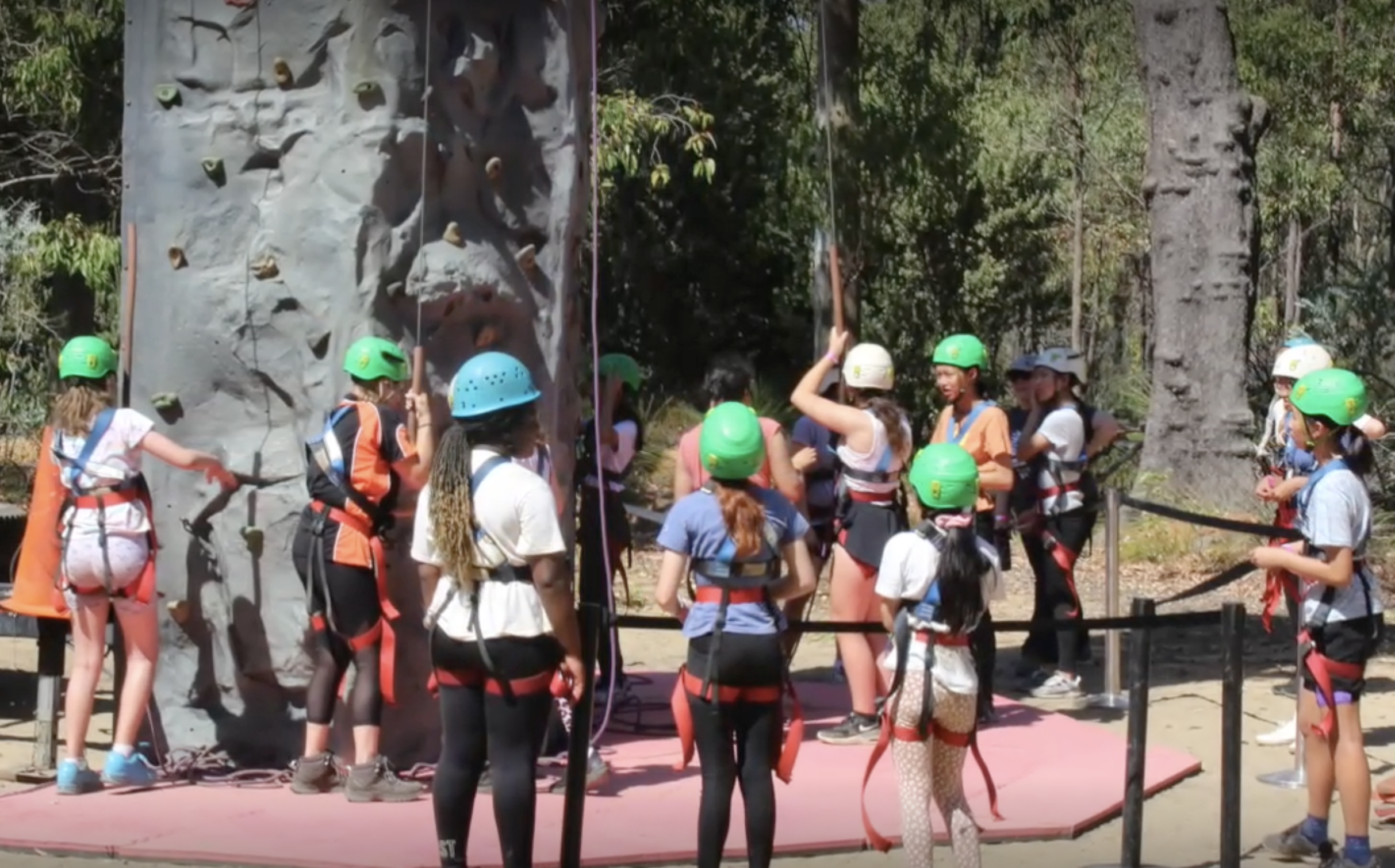We’ve just come to the end of National Child Protection week for 2023, but Safety is one of GB Australia’s values all year round. Whatever capacity we’re involved in Girls’ Brigade; as girls, leaders, mothers, workers, sisters, friends and more; we need to be prioritising our self care and safety as much as the care and safety of others.
We strive to love our neighbours – but we often forget that Jesus called us to love our neighbours as we love ourselves, which is often where we falter (Leviticus 19:18, quoted in Matthew 22:37-40).
The following is adapted from Corina Brown’s safety moment to the board, itself adapted from a devotion she shared with the leaders at Riverton Company in August.

Throughout the Bible, we’re often told to “love your neighbour as yourself” (Leviticus 19:18). We’re even told “there is no commandment greater than this” (Matthew 22, Mark 12:28-34).
To care for others. It’s a big part of Christianity – being giving of yourself, helping and volunteering, being self-sacrificial of your time, devoting yourself to God’s plan. After all, our greatest model of a good Christian is Jesus, who sacrificed himself to save us.
But I’d like to focus for a moment on “as yourself”. Are you loving yourself as much as you are loving your neighbour?
Which is to say, as you’re giving of yourself, helping, volunteering, making sacrifices, are you also caring for yourself as well as you care for others?
It can be hard sometimes to rest, when you know you’re needed elsewhere. But studies show that self-care increases effectiveness by over 20%, even if that’s just getting enough sleep. And as you support others in need, it’s important to remember that if the support system collapses under stress, that can be scarier than the stress itself.

Even Jesus made time for himself, often taking time apart to rest and to pray. And in Mark, we’re told people were coming and going so much that they had no time to even eat, so Jesus told his Disciples to “come away” and to “rest awhile” (Mark 6:30-34). Jesus role models self-care by openly taking time to care for himself and instructing the Disciples to do so too.
By being open about our own rest and work patterns, we can show those that look to us ways that we actively prioritise rest and recovery, in amongst the other demands on our time, which encourages others to do the same, hopefully nurturing happier, healthier individuals, teams and leaders.
Jesus also knew he couldn’t spread the Word of God alone; he enlisted his Disciples to share the burden.

It can be hard to ask for help, and hard to admit that you did so, but again, being open about helping each other shows those watching that they can also share their loads with others. It gives unspoken permission – ‘if even she needs help sometimes, maybe it’s ok if I do too.’
A wonderful example of this comes from Exodus chapter 18, when Jethro visits Moses and sees him serving as a judge for his people. Jethro pointed out to Moses that the work was too heavy to handle alone. He told Moses to share his work, and Moses did so, delegating work to others who could help.
We’re no good if we try to do too much, or to do everything ourselves. And more than that, by failing to delegate and to share our work, we might be robbing others of opportunities to use their own gifts and to serve God too.
“So, whether you eat or drink, or whatever you do, do all to the glory of God” (1 Corinthians 10:31). By which I mean, when you eat or drink or sleep or take a bath, it can’t help but be for the glory of God, because it is caring for you, his precious creation.
So, ask yourself: what am I doing to care for me?




